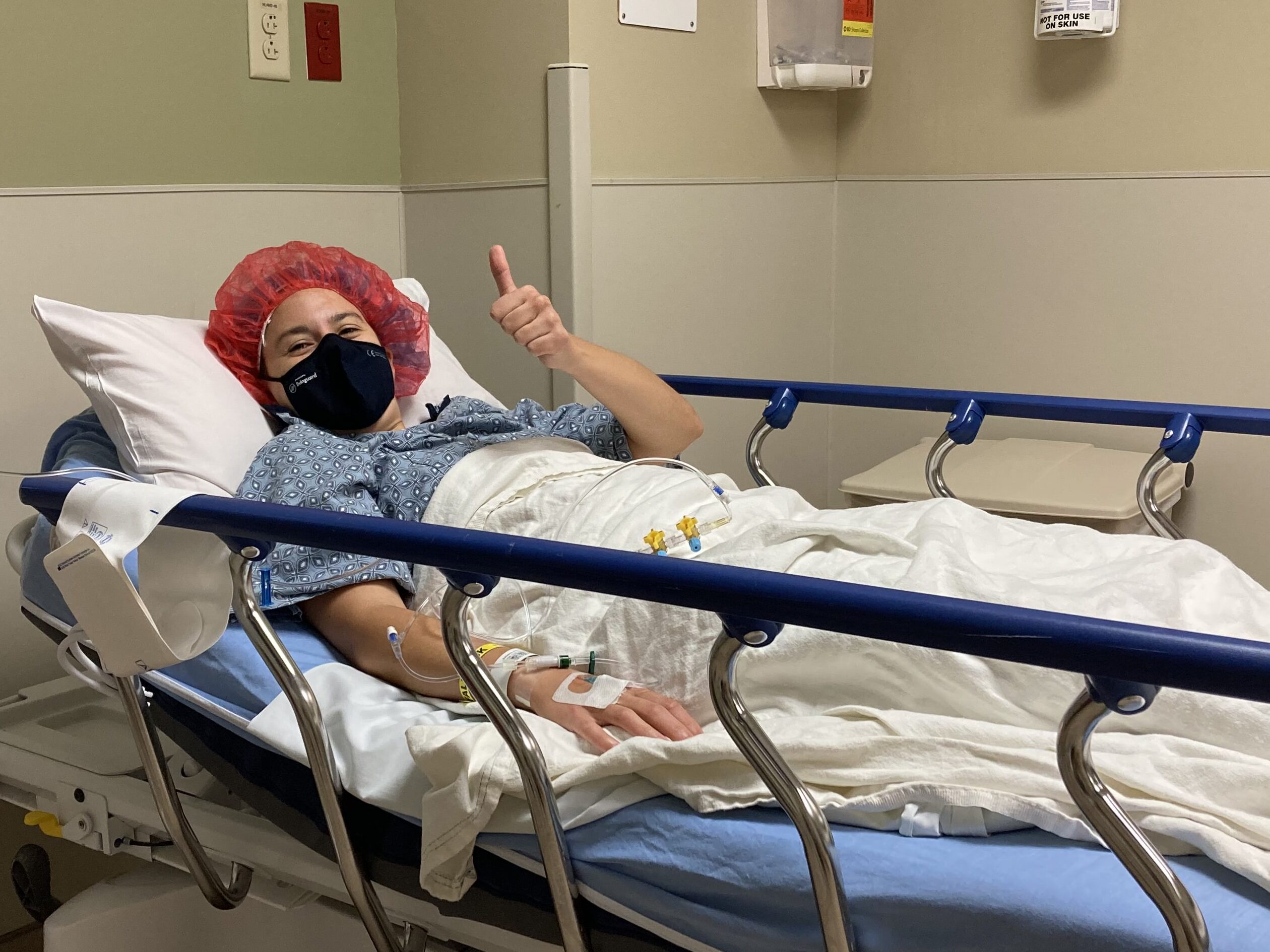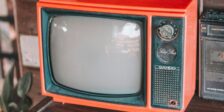
Last September, I took a day trip to Topsail Beach, NC. A friend of mine had come down from Philly and rented a house right on the beach for the week and I took a Friday off to hang out and catch some rays and waves.
It was a glorious day. Aside from the lack of crowds, you would never know the season had officially ended the week before. I spent most of my time lounging and building a fort, but I did some swimming, too. In fact, as the sun started to set, I figured I’d get one last swim in before I made the nearly three-hour trip home.
You know that game where you face the waves and you decide whether to dive over one or under it as it crashes? Well, I went under when I should have gone over and got completely pummeled by the mighty Atlantic.
When I stumbled out of the surf, I felt like I had a gallon of seawater in my left ear. I did all the things I’ve learned to do to get the water out, but nothing helped. I drove home with a full-feeling ear and very muffled hearing.
Over the next few days, I saw a couple clinicians at CVS MinuteClinics because it took weeks to get in to see an ENT. After an extremely painful attempt at administering prescribed ear drops, I learned I had ruptured my eardrum. By this time, it was officially fall, so I wasn’t spending a ton of time in or around water, and I wasn’t in any pain, so the ENT and I decided to see if my eardrum would heal on its own.
Unfortunately, that little bugger never closed. I ended up getting referred to a surgeon and scheduling a tympanoplasty (basically a patch job) nearly 13 months after the incident.
That surgery was last week, and it went very well! All of the above was leading up to the point of this post, which is basically a review/report of my experience, since writing a Google or Yelp review doesn’t make a difference in the healthcare system we have.
Despite living literally down the road from Duke Hospital, I had the procedure at Duke Raleigh because that’s where the surgeon does his thing. I have to say, first and foremost, that everyone there—from check-in to discharge—was SO NICE. So, even though I was annoyed at having to leave my house at 5:30am for an 8:15am procedure, they definitely made it less painful.
Okay, now for some things that could have been better:
- Two days before my procedure, I got a phone call confirming my arrival time at the hospital and the time of my procedure. The day before my procedure, I got a message in my patient portal with slightly different times listed…as well as the wrong date.
- As I was being walked back to get ready for the procedure, a nurse was asking me general intake questions. The problem is that she did it while walking in front and to the left of me (so her back was to me). Her positioning plus her mask meant that I couldn’t hear her! She had to repeat everything at least once. We could have just waited to get to the bed and sat face-to-face, and I feel like others having ear surgery probably have the same experience.
- Before I got wheeled back, I expressed concern about my mask getting lost. They assured me that it’d be with my personal effects when I got discharged. Sure enough, we got a call that my mask was at the front desk as we drove away from the hospital.
- As I was waking up, the nurse asked about my pain on a scale of 1 (little) to 10 (lots). I answered a 2, and she offered me oxycodone. (Despite my grogginess, I responded with a resounding NOOOO!)
- Richie came with me, but because he doesn’t drive, I coordinated with friends to drop us off and pick us up. The updates provided to Richie were delayed, so he didn’t summon our pick-up until the hospital was ready for me to get the heck out of there, and they seemed kind of annoyed. (This actually worked out fine, since they couldn’t find a wheelchair for a while anyway.)
As you can see, these are pretty minor things and I am really happy with my overall experience. The main lesson here is that if you have special circumstances (being hard of hearing, a companion who doesn’t drive) or certain concerns (losing a mask, getting pain meds you don’t want), YOU have to be vocal and vigilant about them because others are unlikely to ask or advocate for you.




